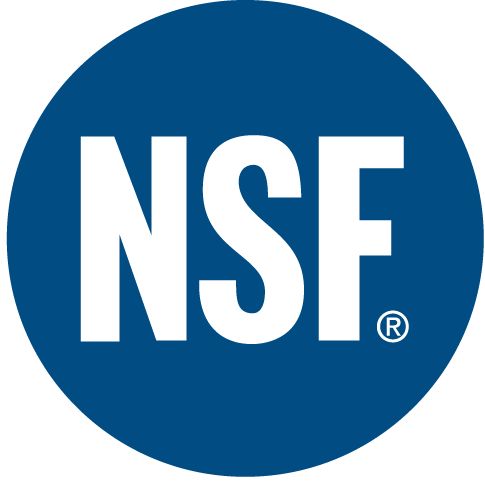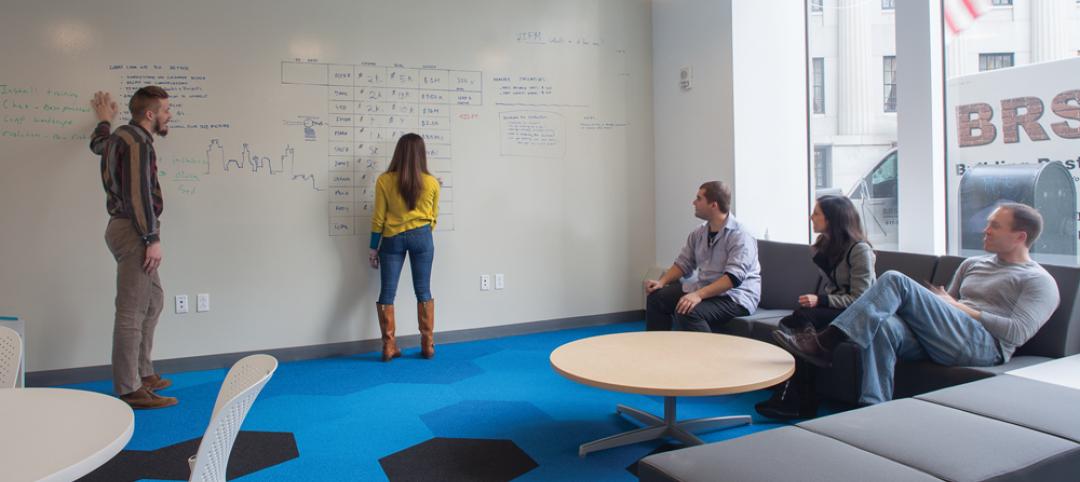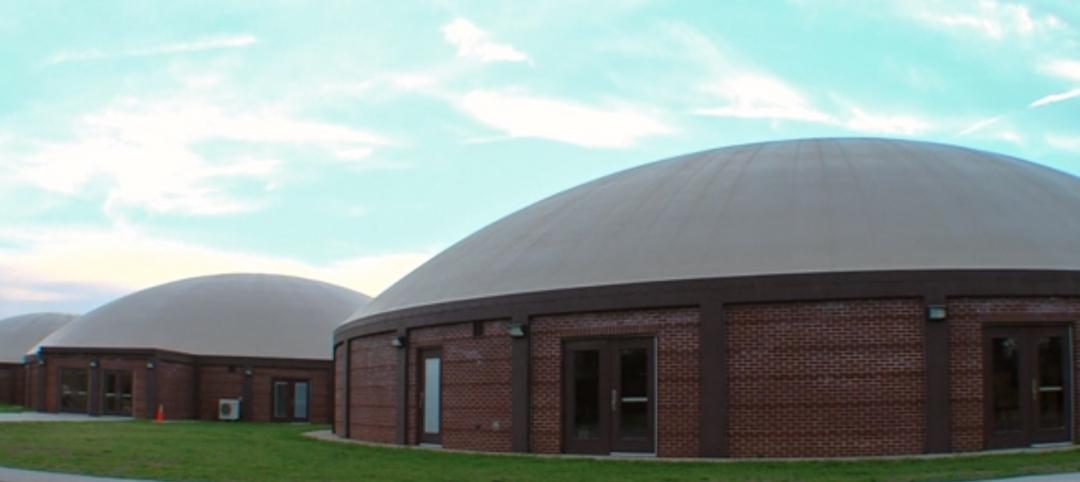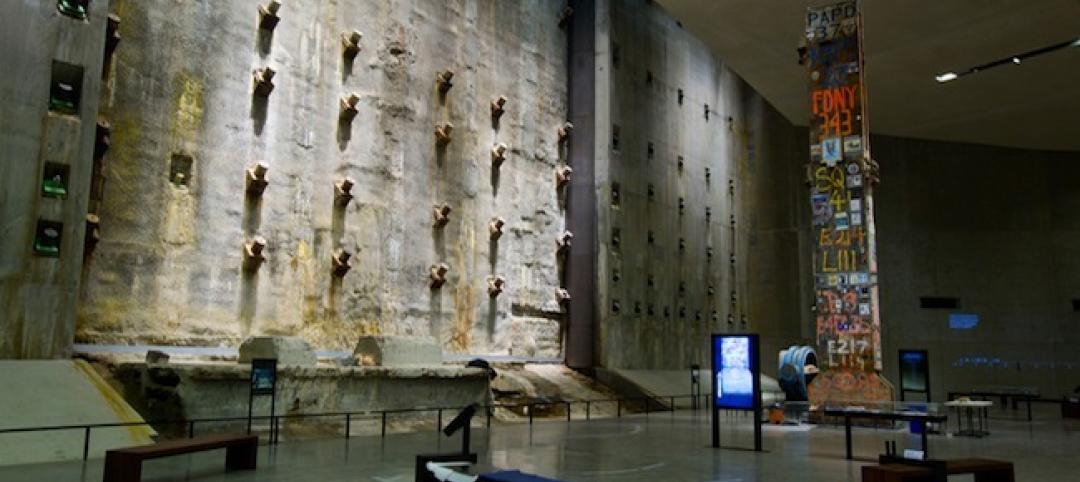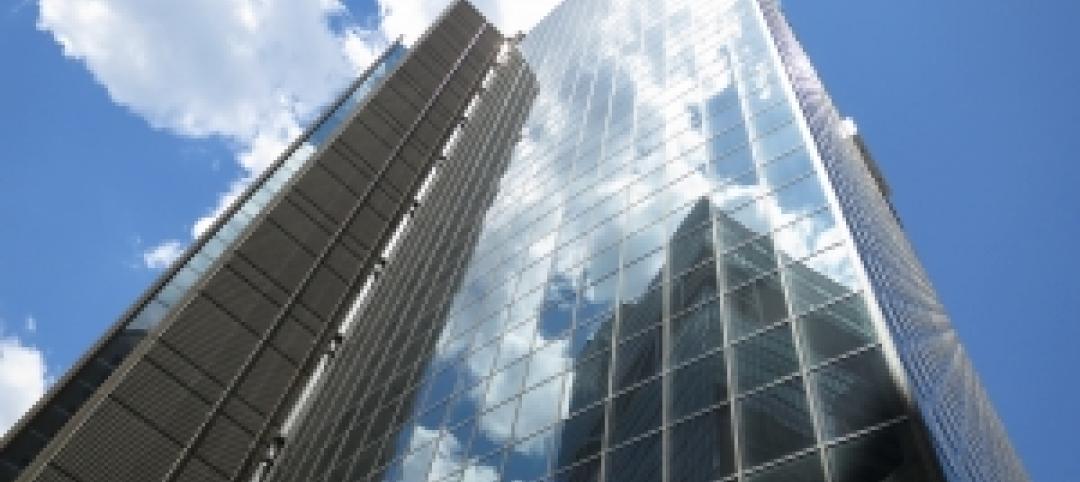NSF International, an independent global organization that writes public health standards and certifies products for food, water and consumer goods, has qualified the first wallcoverings distributor to the American National Standard for Sustainable Wallcoverings – NSF/ANSI 342.
NSF International developed the standard for Sustainable Wallcoverings to help architects, designers, retailers and consumers identify sustainable and environmentally preferable wallcoverings.
NSF/ANSI 342: Sustainability Assessment for Wallcovering Products recognizes the important role distributors play in maintaining the sustainability of wallcovering products throughout their life cycle. In order to qualify and distribute certified sustainable wallcoverings, distributors must demonstrate that they follow environmentally preferable practices. This includes a comprehensive and independent NSF assessment that evaluates the environmental and social impacts of their operations.
TRI-KES, a Dallas-based sustainable commercial interior finishes distributor, is the first distributor to earn qualification under the Sustainable Wallcoverings standard. TRI-KES is qualified at the highest level and may now distribute all levels of certified wallcoverings, including Platinum.
The standard employs an easy-to-use point system to evaluate wallcovering products against performance criteria across the entire product life cycle and quantifiable metrics. Products covered by the standard include textiles, vinyl, vinyl coated, alternative polymer, alternative polymer coated, paper and other natural fiber products. NSF Certification is based on point totals from both the manufacturer and distributor to achieve a Conformant, Silver, Gold or Platinum level. BD+C
Related Stories
| May 15, 2014
Paints, coatings, and sealants: 10 new ways to seal the deal
Color-shifting finishes, dry-erase surfaces, and stain-blocking paints are highlighted in this round up of new offerings in paints, coatings, sealants, and finishes.
| May 15, 2014
Biking to work up by 60 percent, according to Census Bureau report
Many U.S. cities are seeing an increase in bicycle commuters, according to new a U.S. Census Bureau report. While bicyclists still account for just 0.6% of all commuters, some of the nation's largest cities have more than doubled their rates since 2000.
| May 15, 2014
'Virtually indestructible': Utah architect applies thin-shell dome concept for safer schools
At $94 a square foot and "virtually indestructible," some school districts in Utah are opting to build concrete dome schools in lieu of traditional structures.
| May 15, 2014
First look: 9/11 Memorial Museum opens to first-responders, survivors, 9/11 families [slideshow]
The 110,000-sf museum is filled with monumental artifacts from the tragedy and exhibits that honor the lives of every victim of the 2001 and 1993 attacks.
| May 14, 2014
New study shows employees aren't happier working in green buildings
People working in buildings certified under LEED’s green building standard appear no more satisfied with their workplace environments than those in conventional buildings, according to new research from the University of California, Berkeley, and the University of Nottingham.
| May 14, 2014
Construction growth looking up: Gilbane Spring 2014 Economic Report
Construction spending for 2014 should finish 6.6% higher than in 2013, with nonresidential work contributing substantially.
| May 14, 2014
Prefab payback: Mortenson quantifies cost and schedule savings from prefabrication techniques
Value-based cost-benefit analysis of prefab approaches on the firm's 360-bed Exempla Saint Joseph Heritage Project shows significant savings for the Building Team.
| May 13, 2014
First look: Nadel's $1.5 billion Dalian, China, Sports Center
In addition to five major sports venues, the Dalian Sports Center includes a 30-story, 440-room, 5-star Kempinski full-service hotel and conference center and a 40,500-square-meter athletes’ training facility and office building.
| May 13, 2014
Drexel University case study report: Green Globes cheaper, faster than LEED
GBI’s Green Globes certification process is significantly less expensive to conduct and faster to complete than LEED certification, says Drexel prof.
| May 13, 2014
Steven Holl's sculptural Institute for Contemporary Art set to break ground at VCU
The facility will have two entrances—one facing the city of Richmond, Va., the other toward VCU's campus—to serve as a connection between "town and gown."


